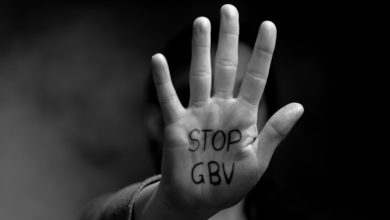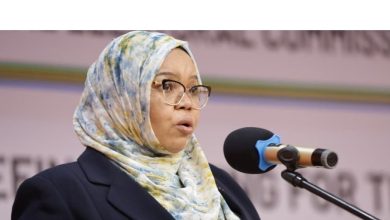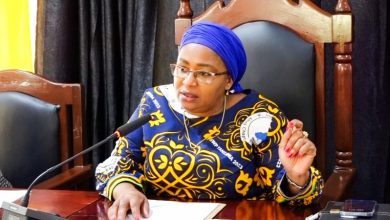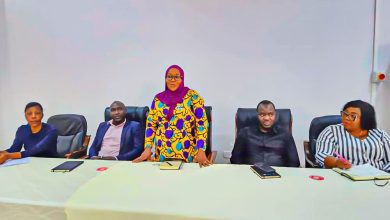PCCB: Value your votes over bribes, pledges

DAR ES SALAAM: AS Tanzania draws nearer to the October 2025 General Election, the Prevention and Combating of Corruption Bureau (PCCB) is urging the public to safeguard their democratic integrity and resist any efforts to buy their votes.
PCCB Director General Crispin Chalamila, speaking in a live interview on TBC1, urged the public not to trade their democratic rights for handouts, describing such actions as a grave form of disrespect to oneself and to the nation’s democratic foundations.
“Let us reflect on the founding fathers’ assertion that bribery undermines justice. It is imperative that we combat this issue vigorously to foster honest, patriotic leaders dedicated to serving the public. We must resist the allure of money,” Mr Chalamila said.
He cautioned voters to remain vigilant against the deceptive kindness shown by candidates during campaigns, warning that many will come bearing “freebies” that go beyond ordinary hospitality.
“Freebies or hospitality involve candidates showing kindness to supporters, often voters. Providing things like meals during campaigning is essential, but people must carefully distinguish it from bribery. It can become bribery when it exceeds certain limits, despite potential misunderstandings surrounding such gestures,” he explained.
He added that excessive giveaways, cash and material inducements provided by candidates during campaigns would also be treated as bribery, stressing that the Bureau would not hesitate to take action against such misconduct.
“The law is very clear that bribery is a criminal offence implicating both the giver and the receiver. Those who offer any form of bribe, whether money or goods, are committing an offence and those who accept bribes are also committing a legal offence,” Mr Chalamila emphasised.
He acknowledged that investigating such cases can be challenging, as both parties often engage in mutual agreements. Even when accusations arise, one side may hesitate to provide evidence, perceiving a benefit in remaining silent.
“People must remember that elections occur once every five years. They should avoid soliciting or accepting bribes, while candidates must also refrain from offering them,” he added.
Mr Chalamila further criticised the prevailing culture that prioritises wealthy individuals or those offering inducements, noting that it compromises dignity, justice and the rights of capable leaders who cannot afford to bribe voters.
On the broader fight against corruption, he said PCCB operates under a national vision focused on prevention, bolstered by significant investments in anticorruption clubs in schools and universities to build awareness and skills to combat bribery.
The PCCB Director noted that the Bureau has been educating the public across all ages in both urban and rural areas through various channels, including the media.
He added that PCCB has ensured the proper implementation of key projects under the Sixth Phase Government, led by President Dr Samia Suluhu Hassan, saving over 200bn/- in misappropriated funds to date.
In a separate event in Dodoma marking African Anti-Corruption Day, the Minister for Information, Culture, Arts and Sports, Prof Palamagamba Kabudi, emphasised the importance of upholding human rights as enshrined in the Constitution and international law.
He stated that corruption disrupts the foundations of justice, equality and human dignity, noting that when corruption spreads, access to essential services diminishes.
Prof Kabudi also urged the government to enhance transparency in governance, especially at the local government level, by improving public access to information. Pastor Baraka Kihoza from the Councils of Pentecostal Churches of Tanzania (CPCT) stressed the importance of PCCB collaborating with religious institutions to combat corruption through education, citing their critical role in promoting morality.
ALSO READ: PCCB insists on combating corruption to maintain justice, humanity
Political analyst Dr Ombeni Msuya also highlighted Tanzania’s significant progress in fighting corruption but urged the PCCB to strengthen grassroots initiatives to encourage community-level reporting of corrupt practices.
As the 2025 election approaches, the PCCB’s message is clear: Tanzanians must treat their votes as a sacred trust, not a bargaining chip, if they are to build a democracy rooted in integrity and justice.





